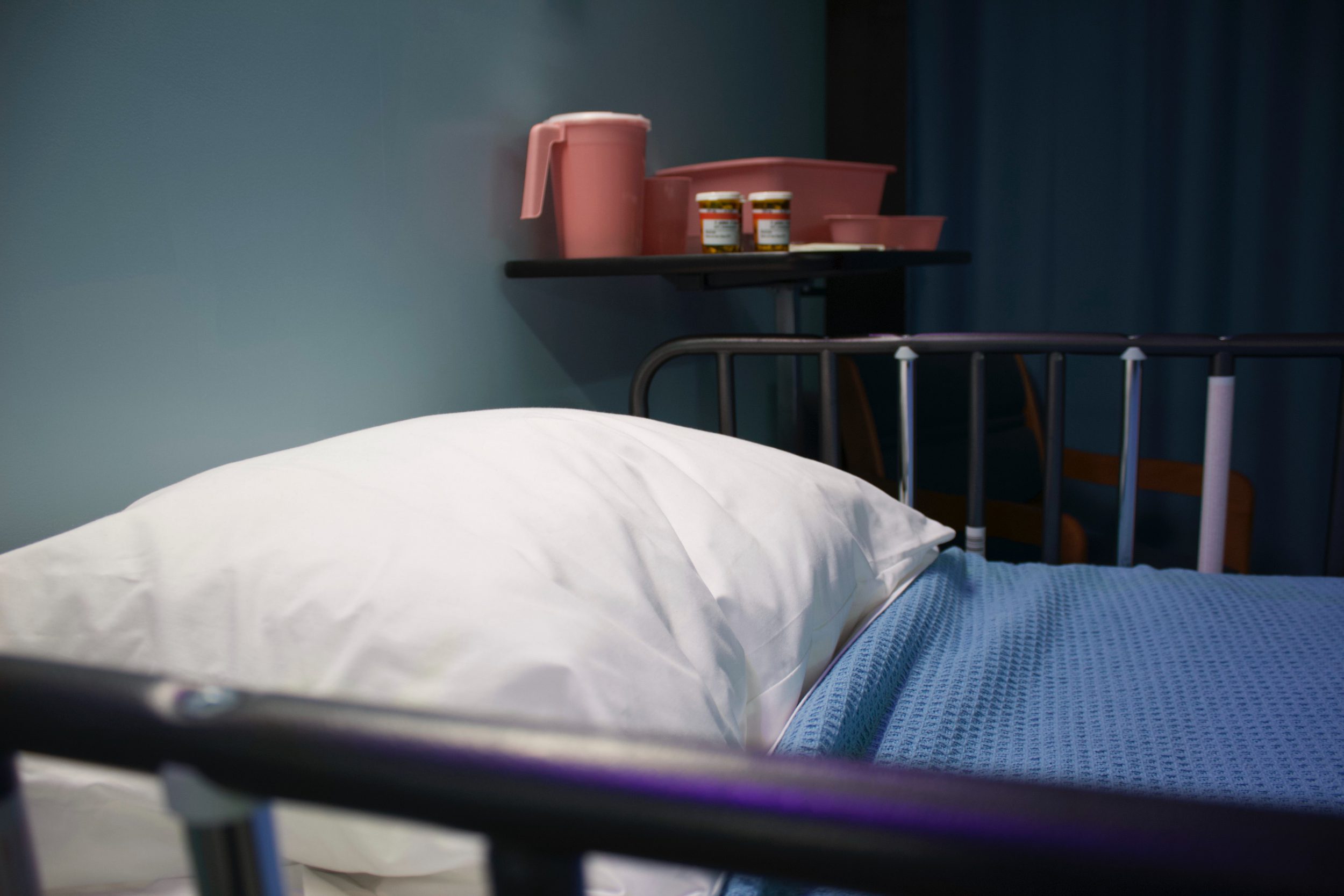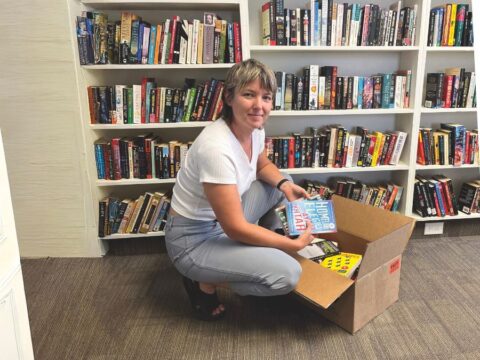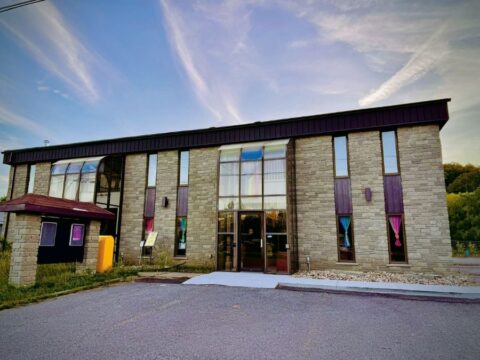COVID-19 doesn’t discriminate – HIV/AIDS didn’t either. AIDS demonstrated that authorities were willing to use disease as a political tool to control which bodies had privilege in which spaces. COVID-19 is being used to fuel racist rhetoric. This way of thinking held us back in our fight against HIV, and I worry that COVID-19 will be no exception.
It’s early in the fight against this new strain of coronavirus, but we don’t seem to be learning from the 1980s, when thousands of our brothers and sisters were left to die due to inaction over AIDS. Data collected by UNAIDS reports that, by the beginning of 2019, 32 million people had died from AIDS-related illnesses. According to the World Health Organization, as of March 15th, there were 153,517 confirmed cases of COVID-19 globally, with 5,735 recorded deaths.
You may unsubscribe from any of our newsletters at any time.
We couldn’t rely on Ronald Reagan to lead the free world, and we certainly cannot rely on Donald Trump
In the United States, a homophobic vice-president who did not appropriately manage cases of HIV in his own community is now leading efforts against COVID-19. President Donald Trump’s insistence on spreading misinformation and stoking divisions, referring to COVID-19 as the “Chinese virus,” weakens our ability to cope with the threat. Singling out ethnic minorities as the sole carriers and distributors of disease is not only racist, but promotes a culture of misplaced self-assuredness that we are safe if we avoid the “others.”
More on Broadview: Coronavirus comments expose underbelly of ageism, ableism
AIDS was and is used as an excuse to control access to countries. Foreigners planning to stay in Canada for more than six months have to be screened for HIV. But as a Briton, I didn’t have to get tested, whereas colleagues from the Dominican Republic were required to when entering and reentering the country. With current border closures, we must work to avoid normalizing ignorance. Federal agencies have to provide accurate information, testing and funding for services. Community cases are increasing daily; containment has failed in Canada and abroad.
Homophobia and racism are still a problem in 2020
Ann Widdecombe, a former British conservative politician, also recently downplayed AIDS losses in an attempt to discourage panic over COVID-19. While hysteria is never advisable, the current best available science indicates we need to do more and should be concerned.
Portraying AIDS as “not as bad as we first thought” shows contempt for the communities devastated by the condition. HIV-positive gay men were left to die by their respective governments. The Trump administration has taken weeks to commit to accessible testing and to provide an effective plan for combatting the current pandemic. Without universal healthcare, properly funded research and testing, we are letting people die. Homophobic rhetoric promoted a breakdown in the community-based approach we relied on to tackle HIV/AIDS effectively. Racial abuse is no exception. It scapegoats communities of colour and distracts from the bigger picture.
Community response is as important as federal response.
I recently rewatched David France’s documentary How to Survive a Plague, and was reminded of the power of standing together. In the 1980s, the LGBTQ2 community had to fend for itself. The formation of groups such as the AIDS Coalition to Unleash Power and Gay Men’s Health Crisis is just one way in which our community rose to the challenge. They educated the wider community on safe sex, activism and the science behind HIV. We must follow this model in response to COVID-19. Widespread adherence to the principles of social distancing, self-quarantine and good personal hygiene will help both contain and mitigate the spread. We have a responsibility to each other.
I’m a master’s student at the University of Toronto, researching HIV and AIDS during the 1980s. As an early-career historian beginning a doctor of philosophy at Oxford University in October, I was astounded, although not surprised to read the prejudiced commentary currently coming from some of our politicians. Yet they remind me why I research history: we must continue to encourage new intersectional historical approaches within academia. Toronto-based AIDS activist Michael Lynch once wrote that “to write history is to write against death.” By writing this article, I write against death. I cannot and will not let the stories of queer activists who lived, fought and lost through AIDS be disregarded. We do this by engineering a compassionate and evidence-based response to COVID-19.
Broadview is an award-winning progressive Christian magazine, featuring stories about spirituality, justice and ethical living. For more of our content, subscribe to the magazine today.















Your attempt to draw a direct link between Aids, racism, homophobia, and now COViD 19 is strained beyond coherence nd not reflective of the ground reality of medical response and capability of both the US and Canadian response. I have not read of a single case where someone is denied treatment for covid 19 based on race or gender identity. You need to show systematic denial of treatment to convince me. I would remind you that Trump was the first national leader to ban all incoming flights from China. He was accues of racism. Medical professionals thought he should have ordered the ban dooner. When this threat is overcome the CCP and the WHO will have much explaining as to what they knew and when they reported it.